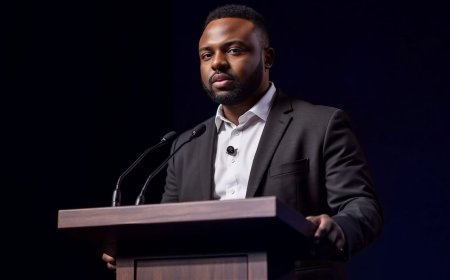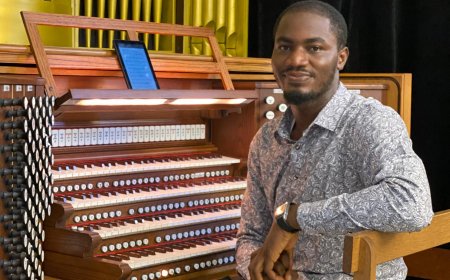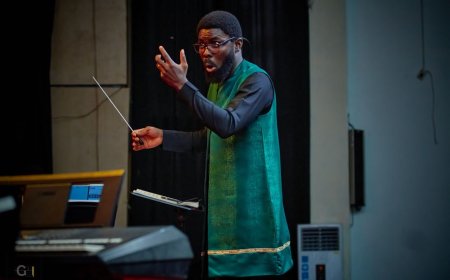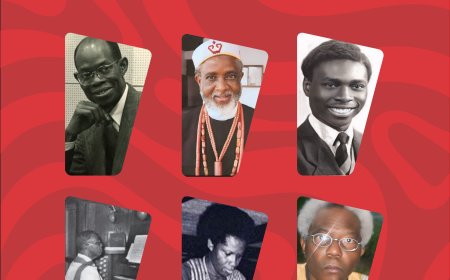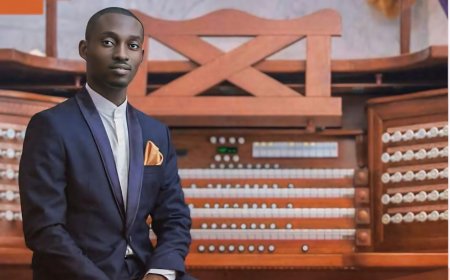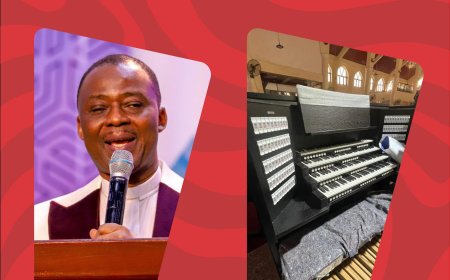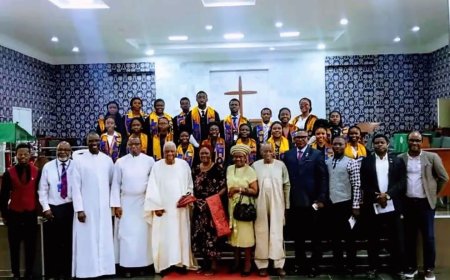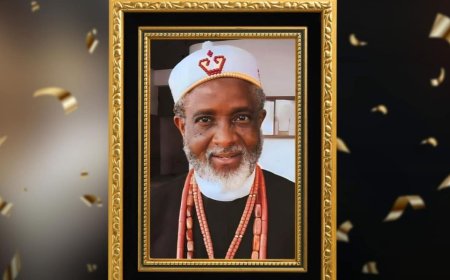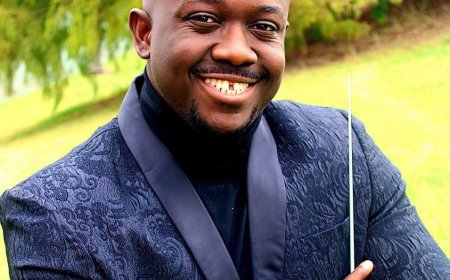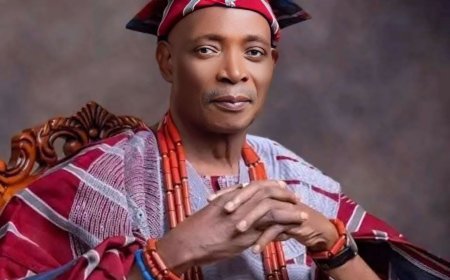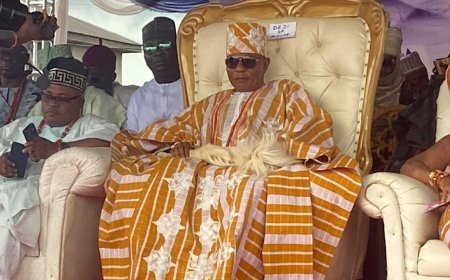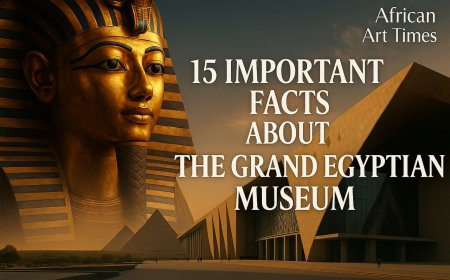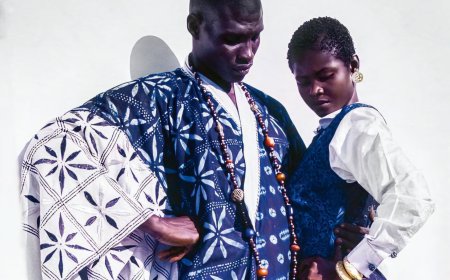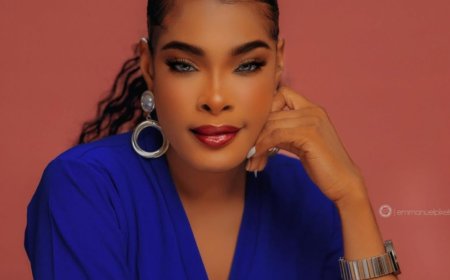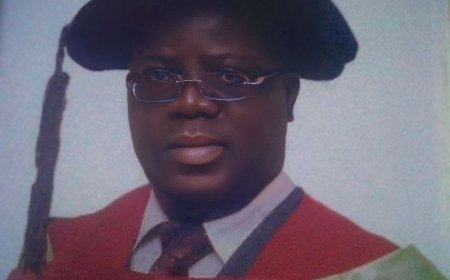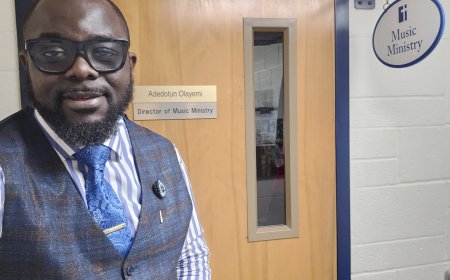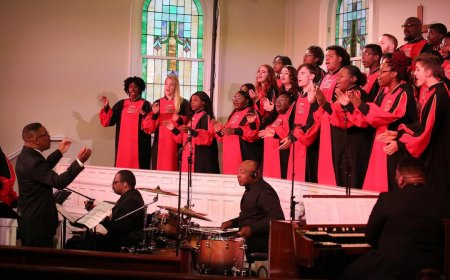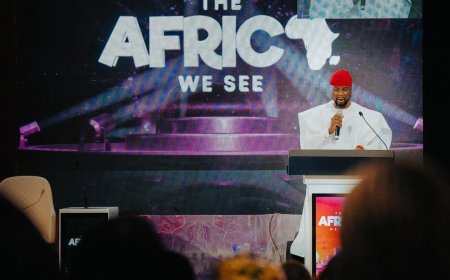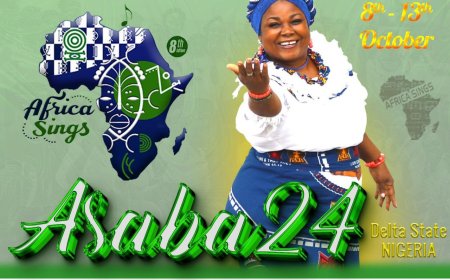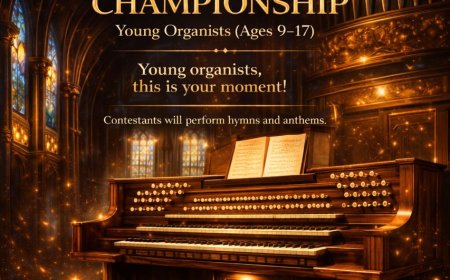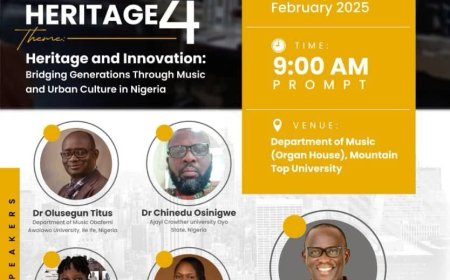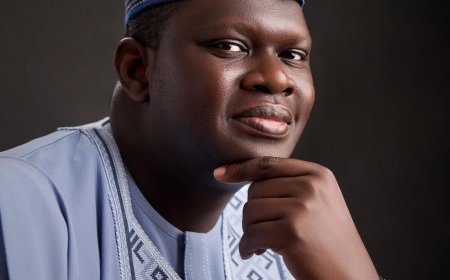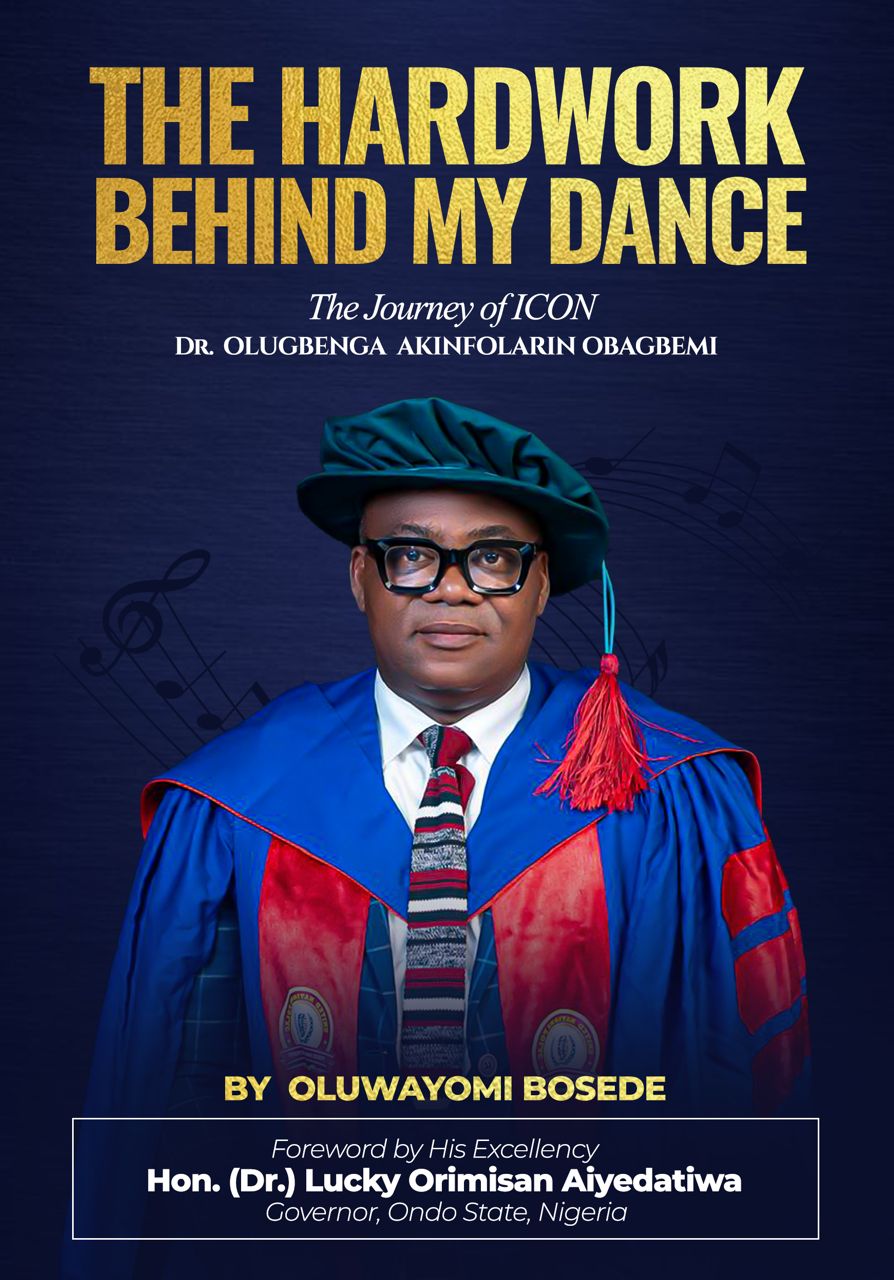THE CHURCH AND MUSIC IN NIGERIA
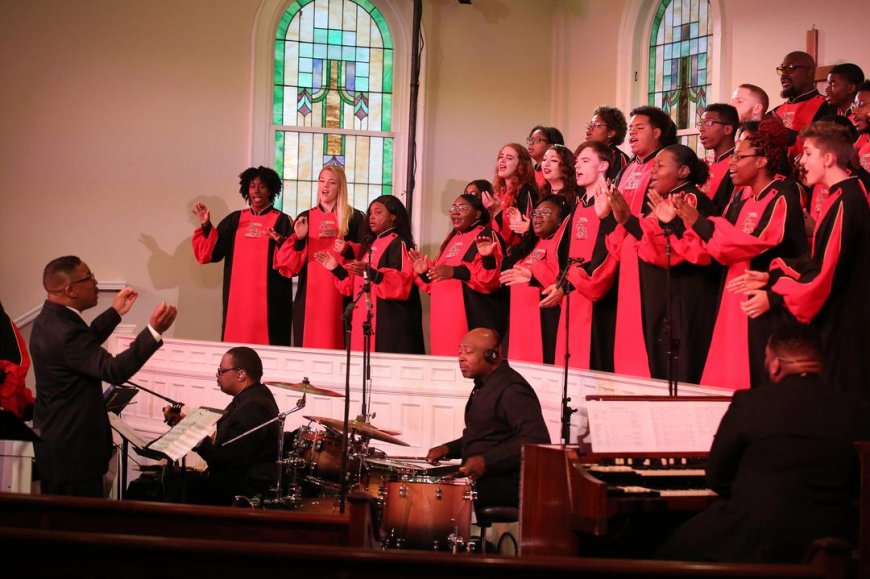
How the Church influenced Music in Nigeria
Nigeria, a country with a rich cultural heritage and a strong Christian presence, has a unique and fascinating blend of history story regarding the evolution of church music.
From its humble beginnings to its current global recognition, Nigerian church music has undergone significant transformation, one shaped by historical events, cultural influence, and technological advancement.
The Early Beginnings (15th-19th centuries)
The introduction of Christianity in Nigeria has been dated back to the 15th century, when Portuguese Catholic missionaries arrived in the country. They brought with them monophonic liturgical music, similar to the Gregorian chant, which was later adopted by the local churches.
However, the missionaries faced significant challenges in establishing a strong musical tradition. Many Nigerians were unfamiliar with the chant and hymnography.
In response a shortage of trained musicians to solve this problem, local musicians began to adapt music to Nigerian cultural and musical traditions. This blending of styles helped to create a unique sound that was both authentic and distinctly Nigerian.
In the early days of church music in Nigeria, musicians played a vital role in worship and liturgy. They were highly valued for their contributions, and many were trained in chant and hymnography by visiting missionaries or Nigerian clergy.
To develop the skills of local musicians, congregations established music schools and training programs. These initiatives helped promote the development of music in Nigeria and ensured that musicians were equipped to lead worship and liturgy.
As missionary activities expanded in the 19th century, European missionaries, particularly the Anglicans and Catholics, established churches and introduced western-style hymns and chorales,the traditional music of Nigeria, with its rich rhythms and melodies, also played a significant role in shaping the country's church music.
The Yoruba people, for example, had a strong tradition of sacred music, which was characterized by complex polyrhythms and call-and-response patterns. These traditional music styles were incorporated into church music, creating a unique blend of African and Western musical influences.
How church music evolved
During the colonial era, European missionaries continued to introduce Western-style hymns and chorales to Nigeria. The Anglican Church, in particular, played a significant role in shaping church music in Nigeria during this period. The Church of England's hymnal, "Hymns Ancient and Modern," was widely used in Nigerian churches, and many Nigerian musicians were trained in Western classical music.
The 1920s saw the emergence of indigenous gospel music in the country, characterized by the use of local languages, melodies, and rhythms. This genre of music was pioneered by musicians such as Reverend Josiah Jesse Ransome-Kuti (1855-1930); who composed hymns and chants that blended European and African musical styles, Reverend John Christopher Taylor (1847-1924); a British Anglican missionary who introduced Western-style hymns and chorales to Nigeria and trained local musicians; Bishop Samuel Ajayi Crowther (1809-1891), a Nigerian Anglican bishop who translated hymns and liturgical texts into local languages and promoted the use of indigenous musical instruments in church worship.
The 1960s and 1970s marked a significant turning point in the history of church music in Nigeria. This period saw the rapid growth of Pentecostal churches which emphasized the importance of spiritual gifts, including music. In facilitating spiritual experience, Pentecostal churches, musicians were expected to be spiritually gifted, with a strong anointing and connection to the Holy Spirit. This expectation was rooted in the Pentecostal belief in the transformative power of music to bring people into the presence of God. Against this backdrop, a new genre of music emerged: Contemporary Christian Music (CCM); which drew on traditional Nigerian music styles, such as Yoruba music, as well as Western gospel music, to create a unique sound that was both rootsy and modern.
Legends like Bola Are, Ebenezer Obey, Panam Percy Paul and a host of others played a key role in shaping the sound of Contemporary Christian music in Nigeria.
The 1980s and 1990s witnessed the emergence of contemporary gospel music, with artists like Tope Alabi, Kefee, and Samsong who gained popularity. This new generation of gospel artists drew on a wide range of influences, from traditional African music to contemporary American gospel.
Today, Nigerian gospel music is a thriving industry, with artists like Dunsin Oyekan, Nathaniel Bassey, Moses Bliss, Sinach, Frank Edwards, Mercy Chinwo, and Adeyinka Alaseyori, to mention a few,are enjoying global recognition.
The internet and social media have played a significant role in promoting Nigerian gospel music, with many artists gaining millions of streams and views on platforms like YouTube and Spotify.
Nigerian gospel music has also become a major force in the country's music industry, with many artists winning awards and accolades. The Nigerian Gospel Music Awards, for example, was established in 2012 to recognize and celebrate outstanding achievements in the gospel music industry.
Today, a fascinating narrative has emerged. The orthodox church, comprising Anglican and Catholic traditions, laid the foundations for church music in Nigeria. Meanwhile, Pentecostal churches pioneered the contemporary gospel music scene, catapulting music ministers to prominence.
This rich history provides a crucial backdrop for our next exploration: the trending debate on whether musicians and music ministers should receive compensation for their services in church. By delving into the roots of this topic, we'll uncover valuable insights that will inform our discussion.
In our next installment, we'll navigate the complex intersection of faith and finance, examining the contrast between "church music as a skill" and "church music as a profession."
Join us as we embark on this thought-provoking journey, one that promises to shed light on the evolving role of music in Nigerian churches
What's Your Reaction?








